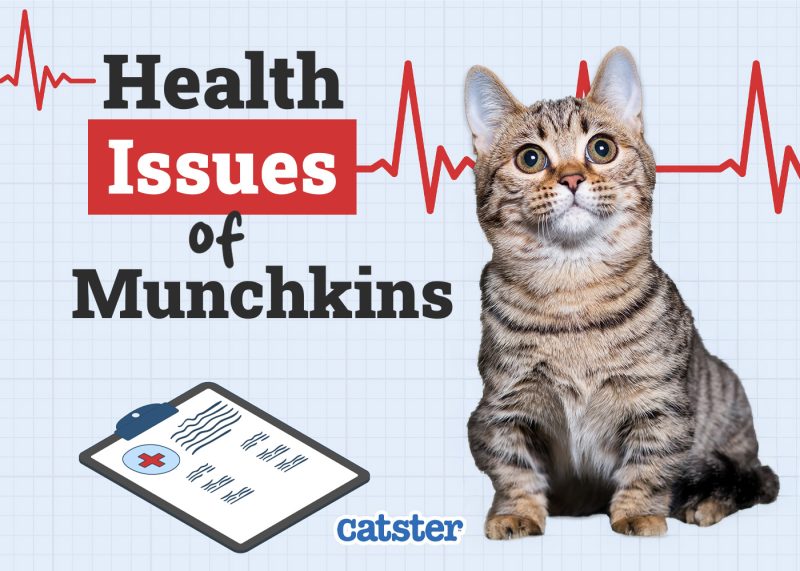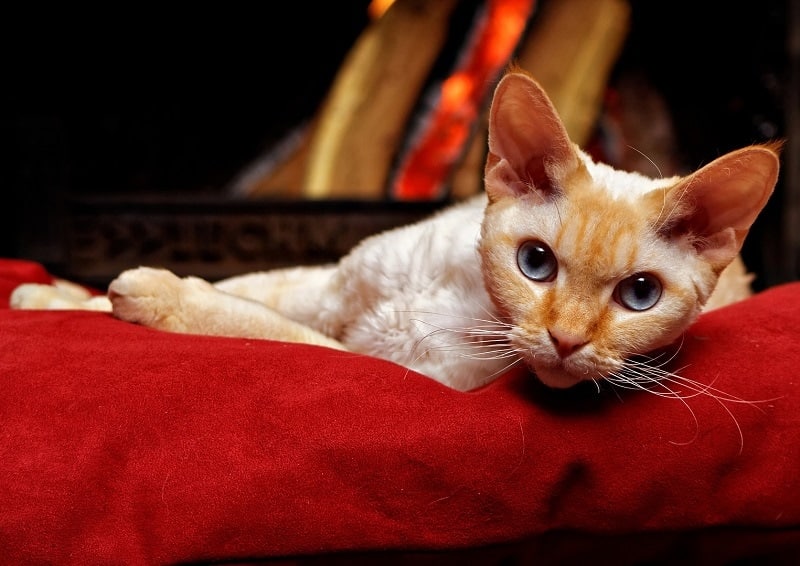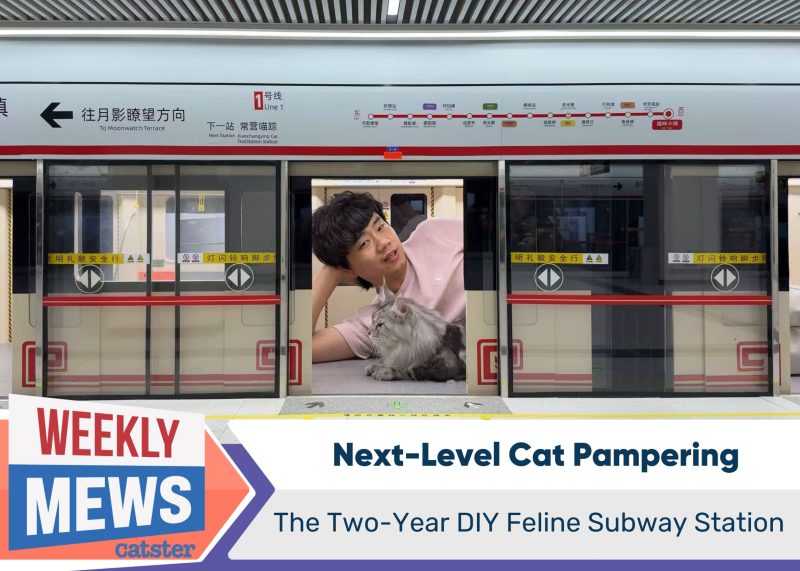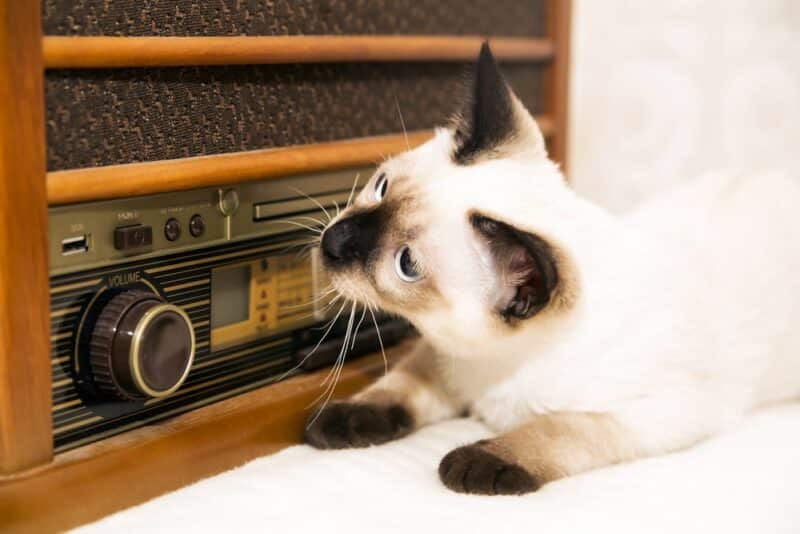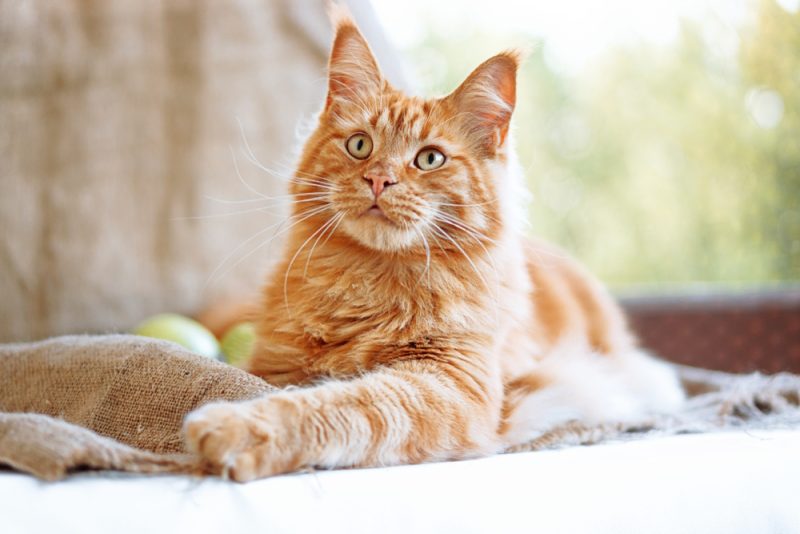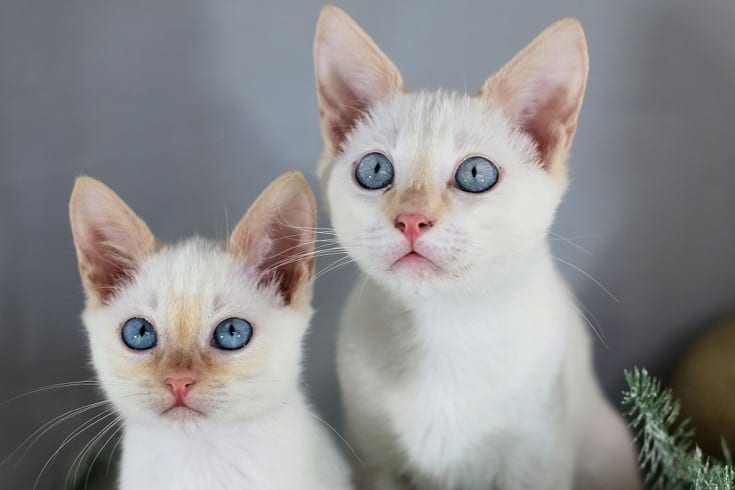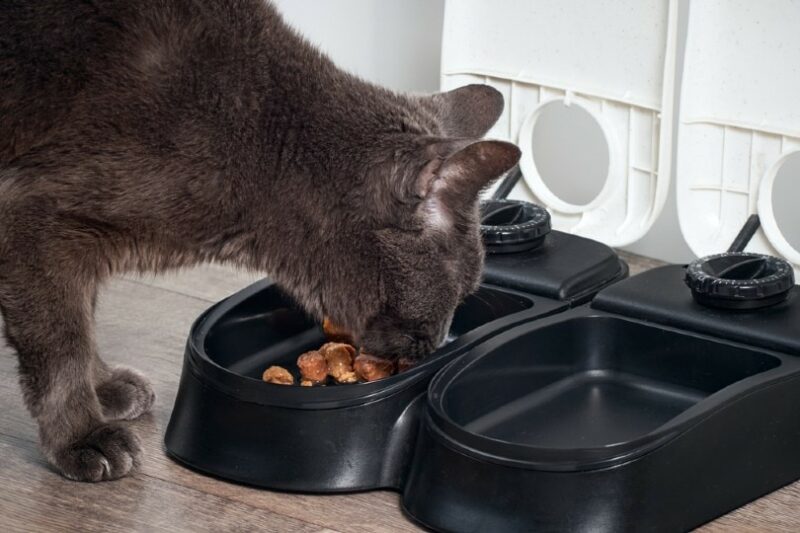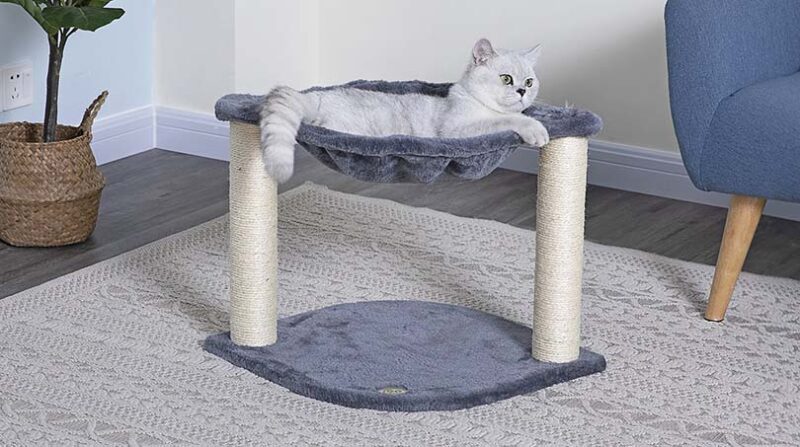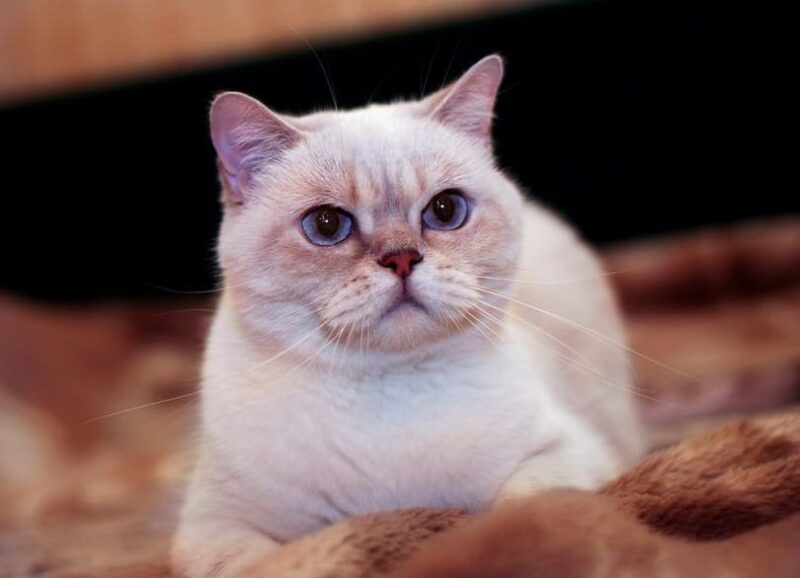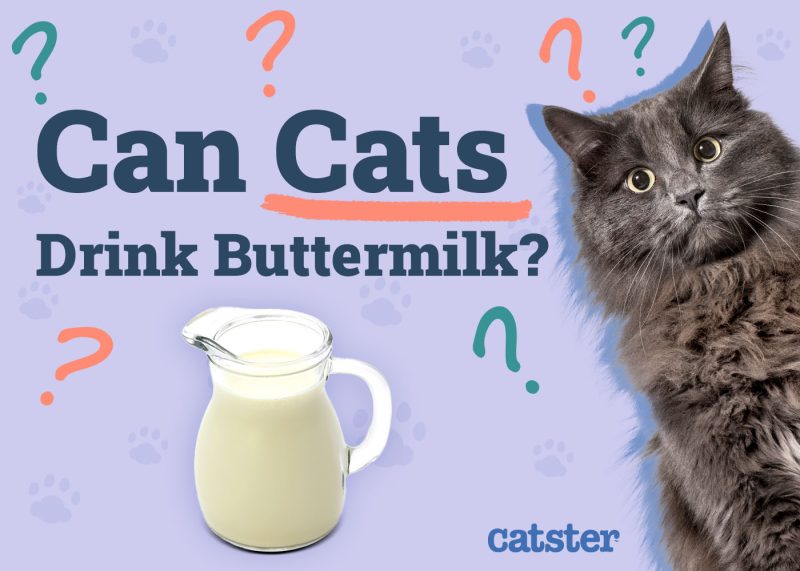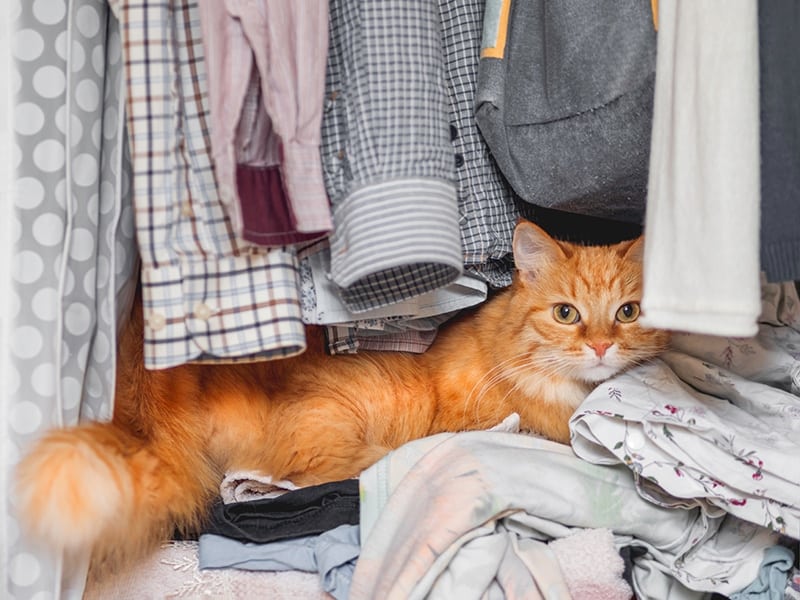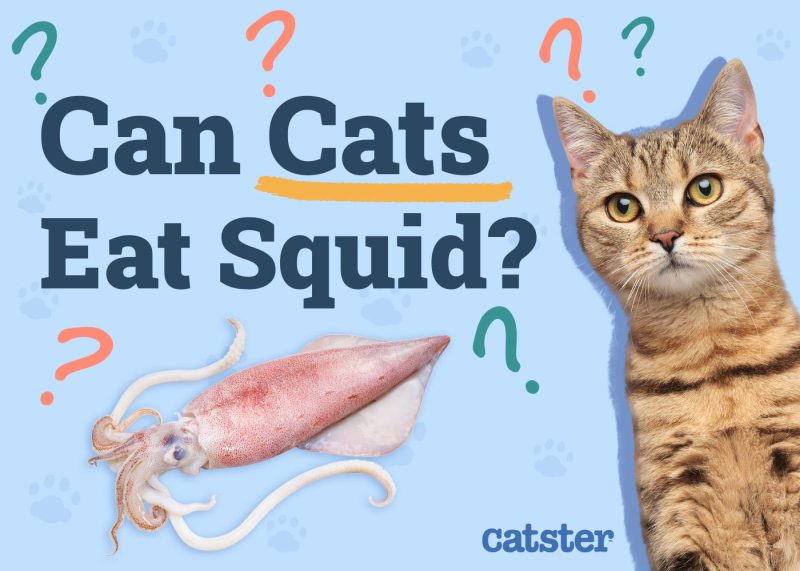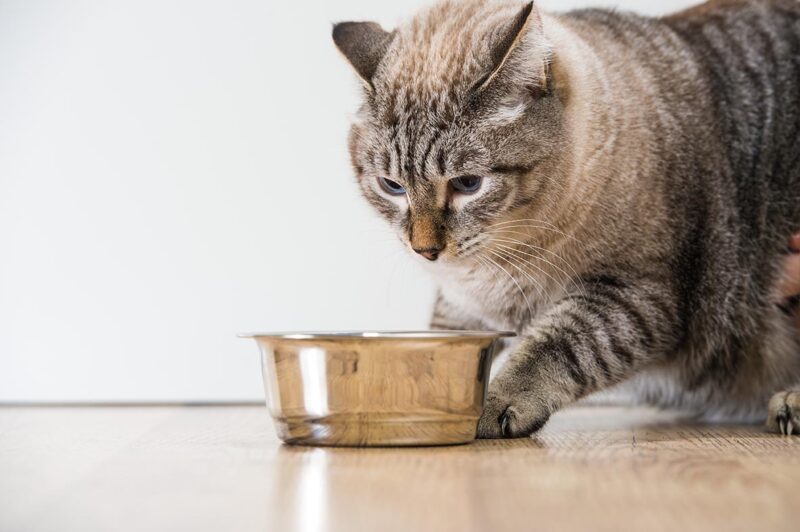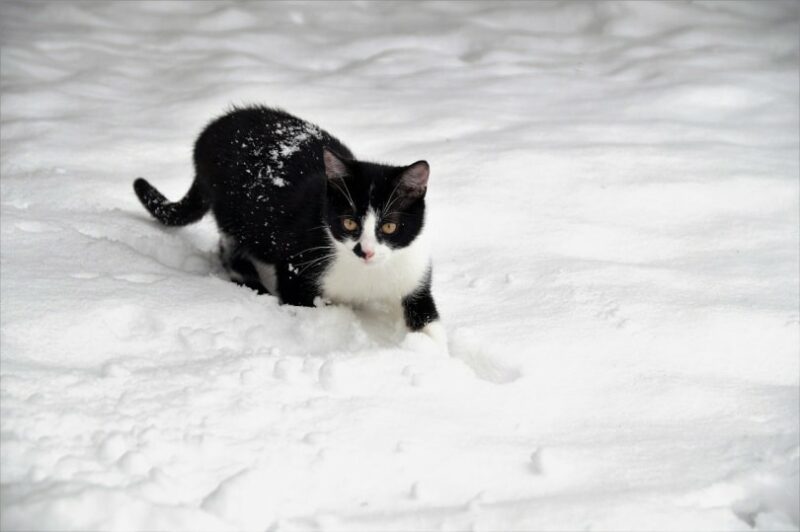Thanks to social media, Munchkin cats are becoming more widely known and well-loved by many people. These cute cats are instantly lovable because of their short legs, long bodies, and loving personalities. Although there are not many medical conditions that this breed is predisposed to, a few can significantly impact their quality of life. Here are some of the most common issues that occur in Munchkin cats.

The 7 Munchkin Cat Health Problems
1. Limb Deformities
| Type of Condition | Musculoskeletal |
| Treatable? | No |
| Severity | Variable |
Munchkin cats are the product of a genetic mutation that causes a form of dwarfism called achondroplasia or chondrodysplasia. This results in shortened and often deformed limbs. Munchkin cats are especially prone to deformities of the forelimbs. While all Munchkins have limb deformities to some degree, some experience significant difficulties with mobility because of it.
Abnormally shaped limbs can result in excessive weight load on the joints that cats with normal limbs don’t experience. This can also increase the likelihood of developing other conditions, like osteoarthritis.
2. Osteoarthritis
| Type of Condition | Musculoskeletal |
| Treatable? | No |
| Severity | Variable |
Osteoarthritis is caused by the gradual breakdown of the cartilage within the joints. While there is some debate with Munchkin breeders that claim that they “don’t have issues,” this claim is not currently backed by robust veterinary science.
Others claim that Munchkin cats may be at a higher risk of developing this disorder than many other breeds due to their abnormal limb shape related to dwarfism. There are no definitive long-term studies yet proving that Munchkins are not more prone to arthritis. Ongoing research is trying to understand, especially how this will affect them as they age as because over time, the breakdown of the joint cartilage can also lead to abnormal bone growth around the joint and a thickening of the joint capsule.
It can decrease joint mobility, but it also causes pain and increases the likelihood of injuries to unaffected joints since the cat may offload from the painful limb, increasing wear and tear on other body parts. There is no treatment for osteoarthritis, but it can be managed to a degree with pain medications, physical therapy, and low-impact exercise.
3. Decreased Mobility
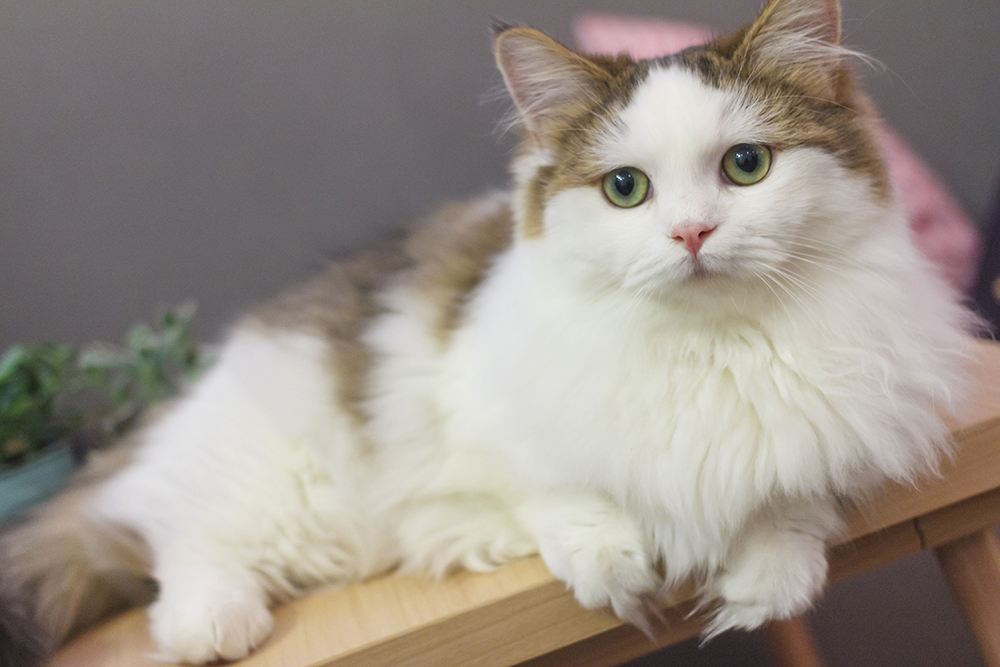
| Type of Condition | Musculoskeletal |
| Treatable? | No |
| Severity | Variable |
Although not a disorder in itself, decreased mobility impacts a large number of Munchkin cats. This doesn’t just apply to their shortened legs, either. Many Munchkins experience limited mobility in their spine due to various factors, like their elongated back length compared to their height.
Since they experience decreased spinal mobility, some cats cannot properly groom themselves, leading to poor coat and skin health. Decreased mobility can also lead to difficulties with everyday activities, like jumping to and from surfaces and playing.
4. Lordosis
| Type of Condition | Musculoskeletal |
| Treatable? | Possibly |
| Severity | Variable |
Lordosis is an abnormal spinal shape in which the spine slopes or dips down into the chest cavity. In Munchkins, this deformity is due to their front legs being shorter than their back legs. In some cats, it can lead to compression within the chest, decreasing their ability to properly perform body functions that are vital to survival, like breathing.
They may also have some compression around the heart that can lead to decreased cardiac functionality. In severe cases of lordosis, a highly specialized and risky surgery can be performed to correct the spinal deformity or to increase space within the chest. Most Munchkins don’t require any intervention for this deformity, however.
5. Pectus Excavatum
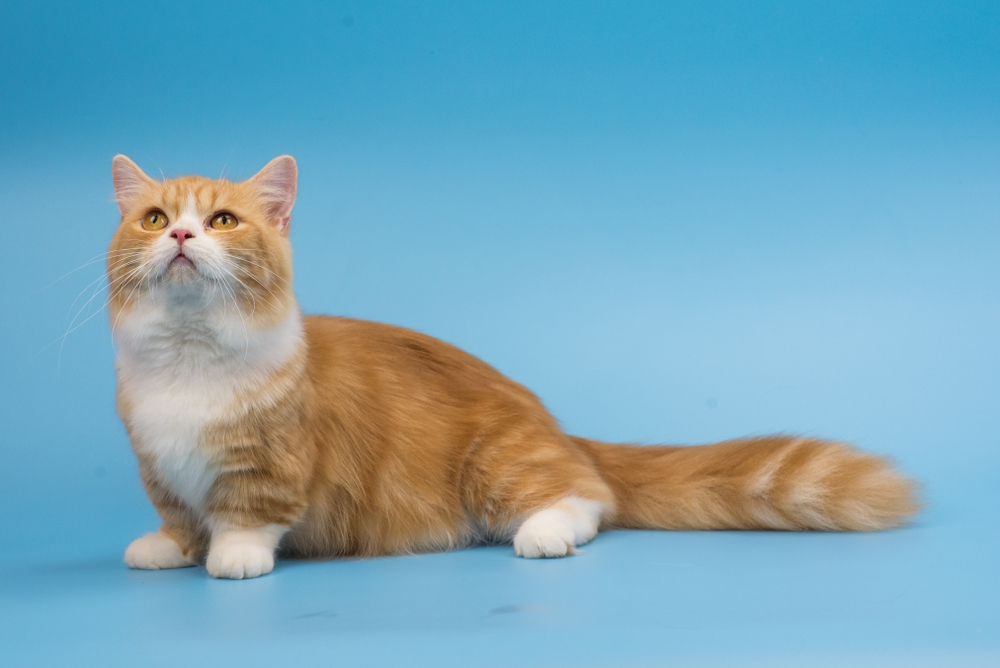
| Type of Condition | Musculoskeletal |
| Treatable? | Possibly |
| Severity | Moderate to severe |
Pectus excavatum is a deformity of the cartilage of the sternum and ribs. It leads to a flattened, concave, or narrowed chest. This deformity can range from moderate to severe and can lead to problems like decreased exercise tolerance, coughing, difficulty breathing, lethargy, frequent upper respiratory infections, poor appetite, weight loss or failure to thrive, and tachycardia.
This deformity is present at birth and is often diagnosable within days of birth. In severe cases, pectus excavatum can be repaired with surgery. It’s recommended that the surgery is performed when a kitten is 8 to 12 weeks of age, so it’s essential to recognize the signs early and seek veterinary evaluation as soon as possible.
If you need to speak with a vet but can't get to one, head over to PangoVet. It's an online service where you can talk to a vet online and get the advice you need for your pet — all at an affordable price!

6. Progressive Retinal Atrophy
| Type of Condition | Ophthalmologic |
| Treatable? | No |
| Severity | Progressive |
Progressive retinal atrophy is an eye condition that progresses throughout a cat’s life, eventually leading to blindness. In the earliest stages, your Munchkin may experience difficulty with visual acuity at night and in low-light situations. You may notice your cat struggling to get around in low light or becoming less active at night.
Over time, the cat will experience a progressive loss of visual acuity until blindness sets in. There is no cure for progressive retinal atrophy, and it is guaranteed to lead to blindness eventually, but the rate of progression can vary between cats.
7. Lethal Gene
| Type of Condition | Reproductive |
| Treatable? | No |
| Severity | Severe |
While not a health condition itself, the lethal gene remains under investigation and is and we think it is an important consideration to include in this list. The Munchkin cat’s distinctively short legs are the result of a genetic mutation classified as dominant lethal. This means that kittens inheriting two copies of the gene (one from each parent) will not survive gestation. Only kittens with a single copy of the gene are born with the characteristic short legs. This genetic trait presents challenges and ethical considerations for breeding, as pairing two short-legged Munchkins significantly increases the risk of producing non-viable embryos. Responsible breeders must meticulously plan pairings to mitigate this outcome, which along with the mentioned health risks contributes to the Munchkin breed’s reputation and ethics debate within the feline community.

Conclusion
There is a lot of controversy surrounding the breeding of Munchkin cats since they have a genetic deformity. Since Munchkins have a form of dwarfism, they’re at higher risk of experiencing problems with their musculoskeletal system. They are also prone to developing the same health issues as other breeds, so it’s important to keep a close eye on your Munchkin’s health to ensure they stay happy and healthy for years to come.
Featured Image Credit: MDavidova, Shutterstock
